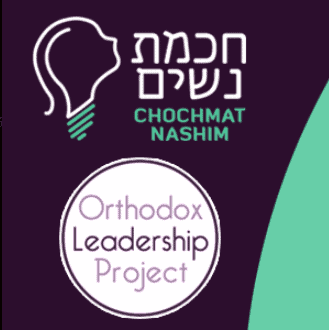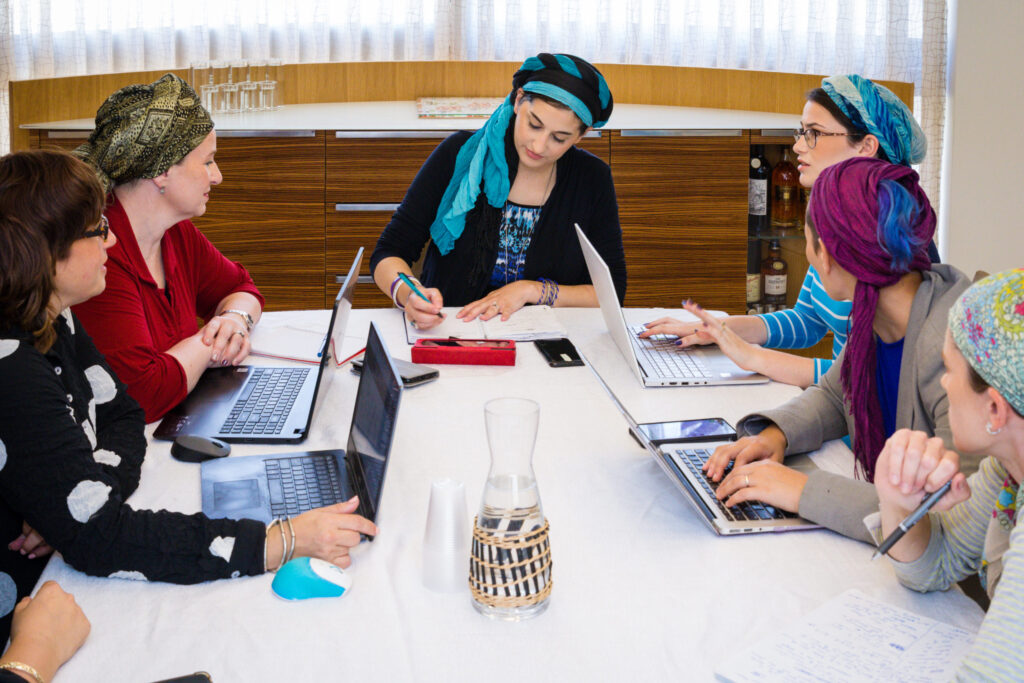The parsha opens with the finality of death, with Sarah’s death. “Sarah’s lifetime — the span of Sarah’s life — came to 127 years.”
How does one sum up a life?
Here a life is measured by the years lived, each number a treasure. Rashi shows us how to pull back the numbers to reveal greater symbolic meaning: each number reflects how well Sarah lived, her extraordinary qualities — beautiful, and blameless.
Startling in its simplicity, the verse also breaks from the norm of Sarah’s narrated life. From her debut at the end of Parshat Noah, Sarah’s life is thinly drawn. She is Abraham’s sidekick, a critical partner to his journeying, who bravely sets up home time and time again. She listens in on Abraham’s relationship with God, understands before he does that the promise of progeny must come from them both. She is the elderly mother of Isaac, who fights for him to thrive in her home.
But who is she really, this woman whom God directs Abraham to listen to her voice? What does she think and feel? How does she absorb the multiple twists and turns in her family life? Taken by two kings, kept waiting for a child for too many years, locked in oppressive struggle with her maidservant. Doesn’t it seem that just as the Bible focuses on Sarah’s experience, the moment passes too quickly? The spotlight might shine on her momentarily, but her life is largely kept in the figurative “ohel,” tucked into the interior of the narrative.


